United Airlines is requiring flight attendants to give them at least 8 hours’ notice that they’re sick, or else risk discipline (including termination). Their union just lost a grievance against this policy, so it continues.
- Failure to notify the airline at least 8 hours prior to a flight means accumulating ‘attendance points’
- Too many points within a 12-month period can lead to disciplinary measures, including being fired.
- And flight attendants were receiving warnings for using sick time without giving the airline sufficient advance notice.
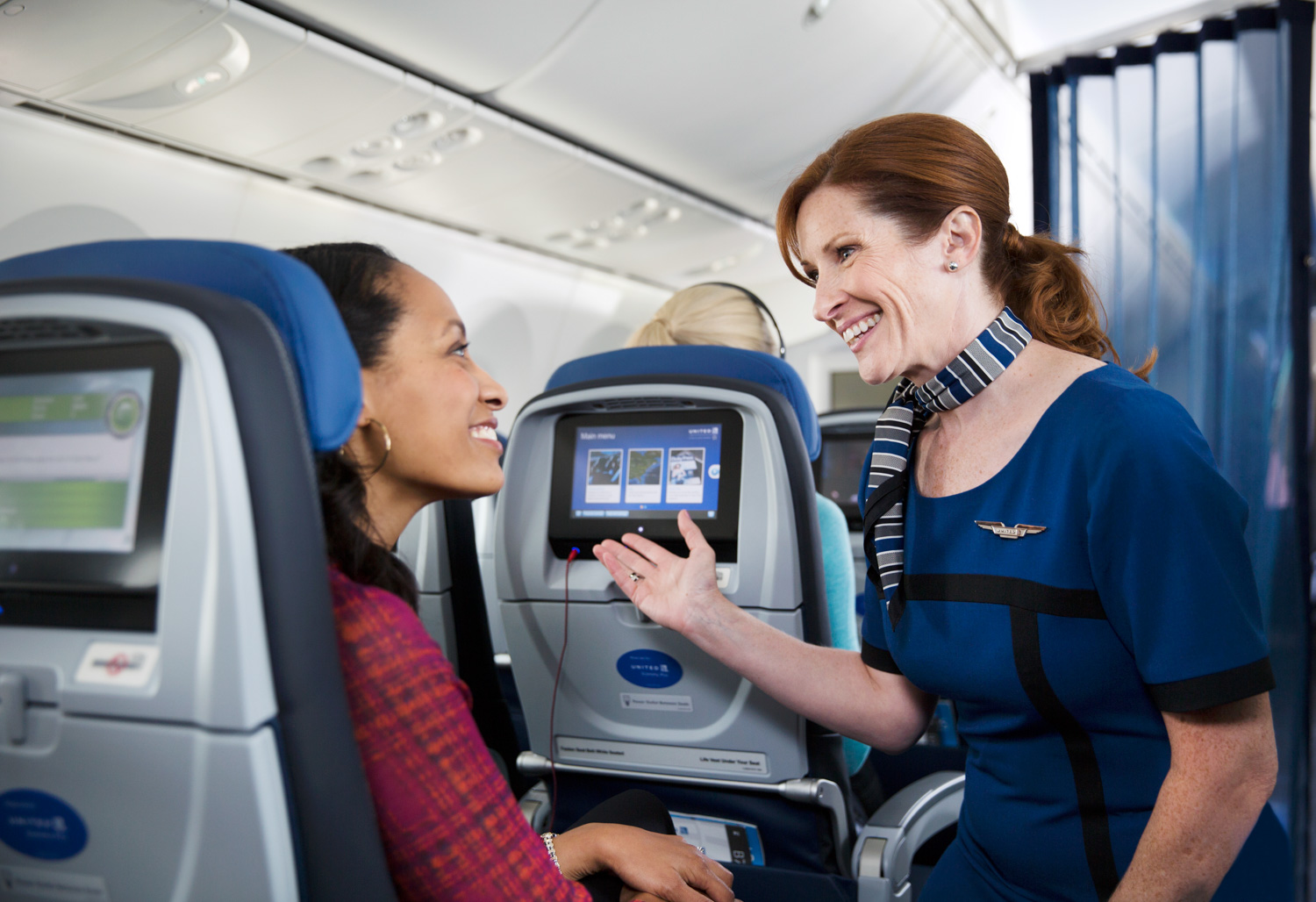
The union, the Association of Flight Attendants (AFA-CWA) argued that this “double dip” method unfairly penalizes employees by allowing the airline to impose multiple forms of discipline for the same infraction. Arbitrators unanimously upheld the right of United Airlines to implement both attendance points and performance warnings for short-notice sick calls.
The eight hour rule is in the contract. The airline can waive the requirement for ‘genuine emergencies’ and flight attendants may be required to provide supporting evidence to substantiate their claims.
There’s a point at which you realize that you’re sick. Sometimes you put off that recognition thinking you might be tired or just have allergies. A requirement to call out farther in advance seems like it would lead to greater absenteeism, since employees have to declare themselves sick just in case they’re sick. But they won’t necessarily feel sick until close to departure, or even while they’re on a trip. It’s not plausible to get a doctors note at that point.
United’s Christmas dinner for employees was linked to food poisoning which reportedly came on fast.
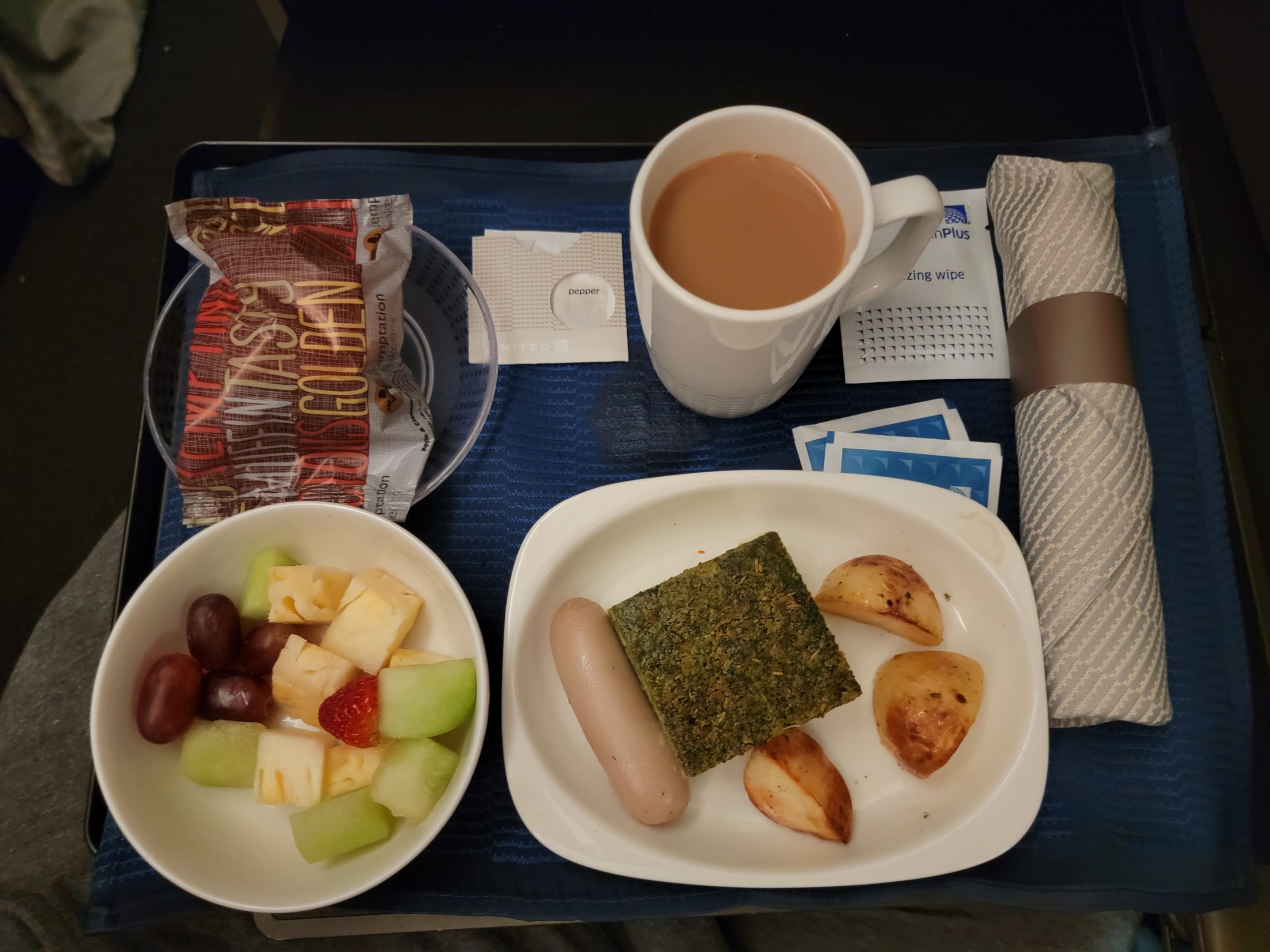
Over the summer, United Airlines unilaterally imposed new conditions on sick time that flight attendants had earned. In order to use sick time, cabin crew who called in sick on a Friday through Sunday had to submit an Absence Certificate completed by a doctor. This wasn’t just a doctor’s note. It detailed the employee’s treatment plan and their medical progress.
- This was meant to reduce employees calling out sick. United says there’s been an uptick in sick calls over weekends this summer.
- It appeared to violate the flight attendant contract, and potentially even some laws.
- However, even if blatantly impermissible, it still scared some flight attendants out of calling in sick during peak summer travel. That means fewer fake sick calls, and more crew who are sick showing up to work (infecting colleagues and passengers.
Flight attendants who wouldn’t share personal medical information with the airline but didn’t work sick were threatened with termination. Demanding this information unless “particulars of treatment…are job-related and necessary for the conduct of business” has been deemed illegal and resulted in substantial fines in the past. California-based flight attendants had even stronger state-level claims. The Department of Labor confirmed it was investigating. And United rescinded the policy after August.
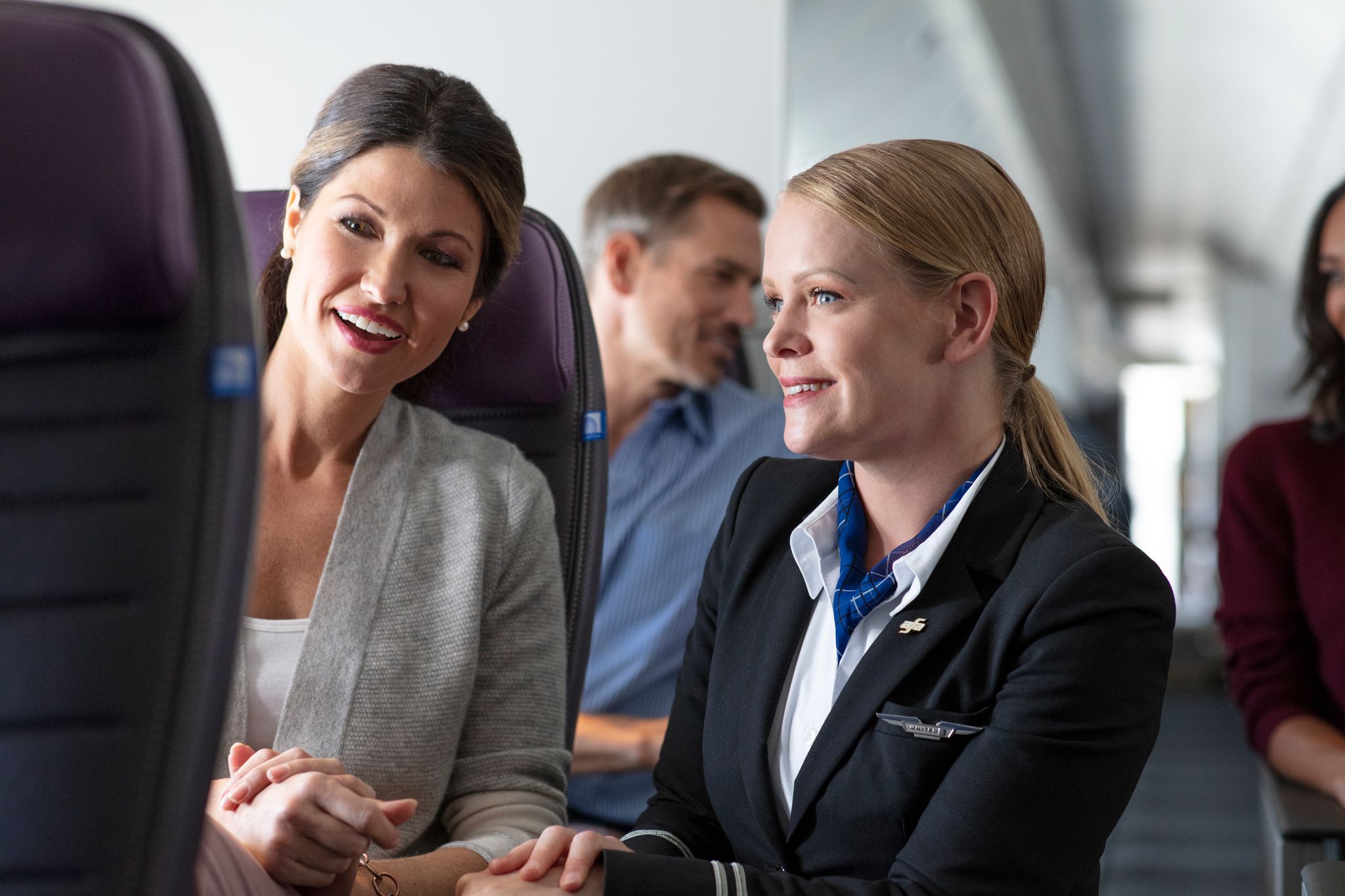
United Airlines is hardly alone in approaches like this. Outside of Delta, major U.S. airlines have union contracts with their flight attendants. Those contracts include negotiated sick time. But these airlines still punish flight attendants for calling in sick, encouraging them to work unwell and spread illness to other crew and to passengers.
Coming out of Covid, American Airlines brought back its points system, where flight attendants calling out sick racked up points that could subject them to discipline and even termination. According to court testimony in Massachusetts, this was done with the approval and encouragement of the flight attendants union, because reduced absenteeism reduces the need for more senior flight attendants to work reserve.
However, United is the major carrier that still has a years-long negotiation in progress on a new flight attendant contract. Cabin crew at United are still being paid wages negotiated prior to pandemic-era inflation, so the purchasing power of their pay has been eaten away. Punitive action by the company now helps militarize them for a strike, even though a contract isn’t likely to change the situation and competitors with more recent contracts behave similarly.
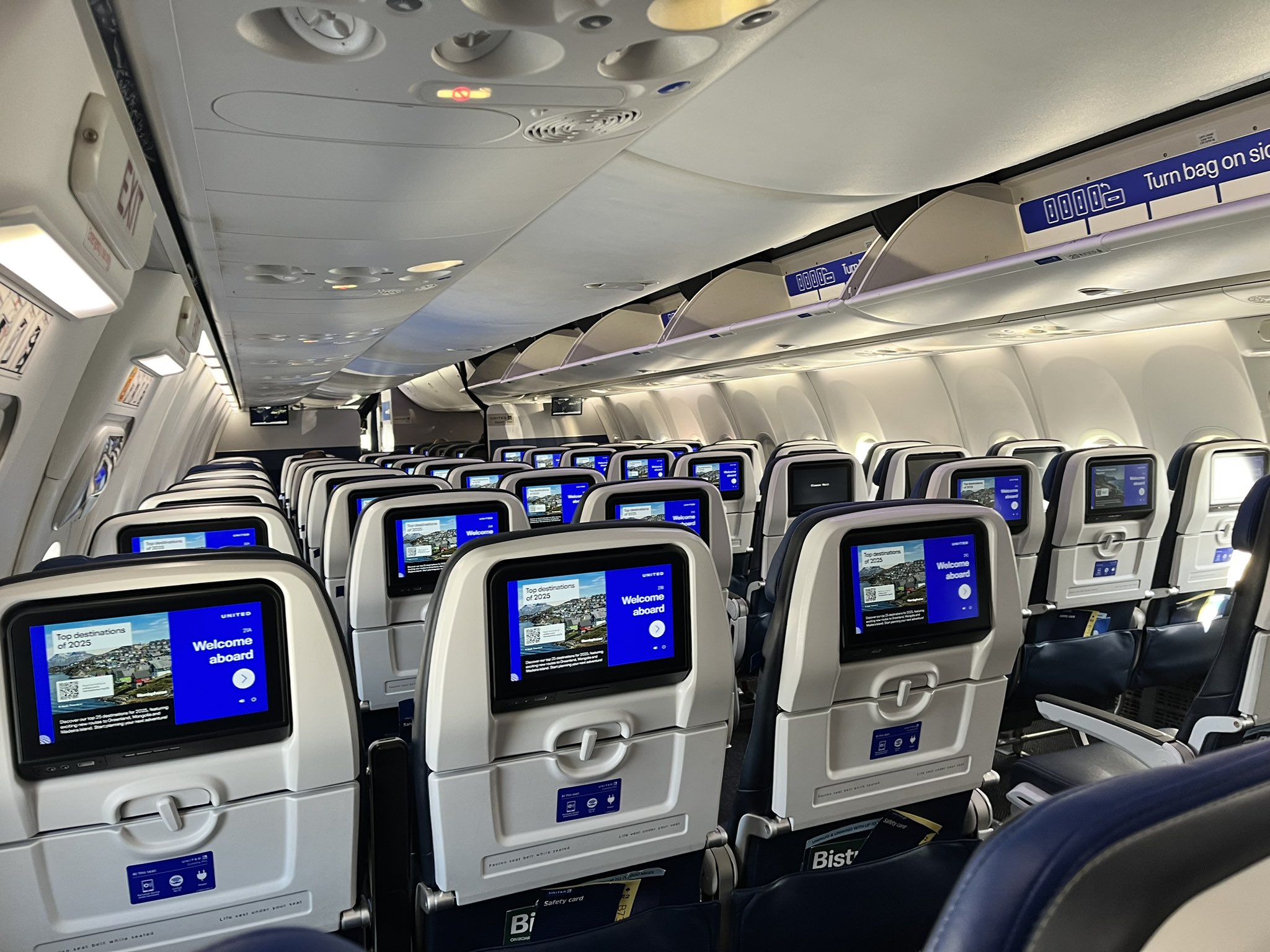
Union organizers at Delta tell flight attendants there that this is the sort of behavior they’re at risk of without a union when, in fact, it’s how union-represented cabin crew are treated.
(HT: Paddle Your Own Kanoo)

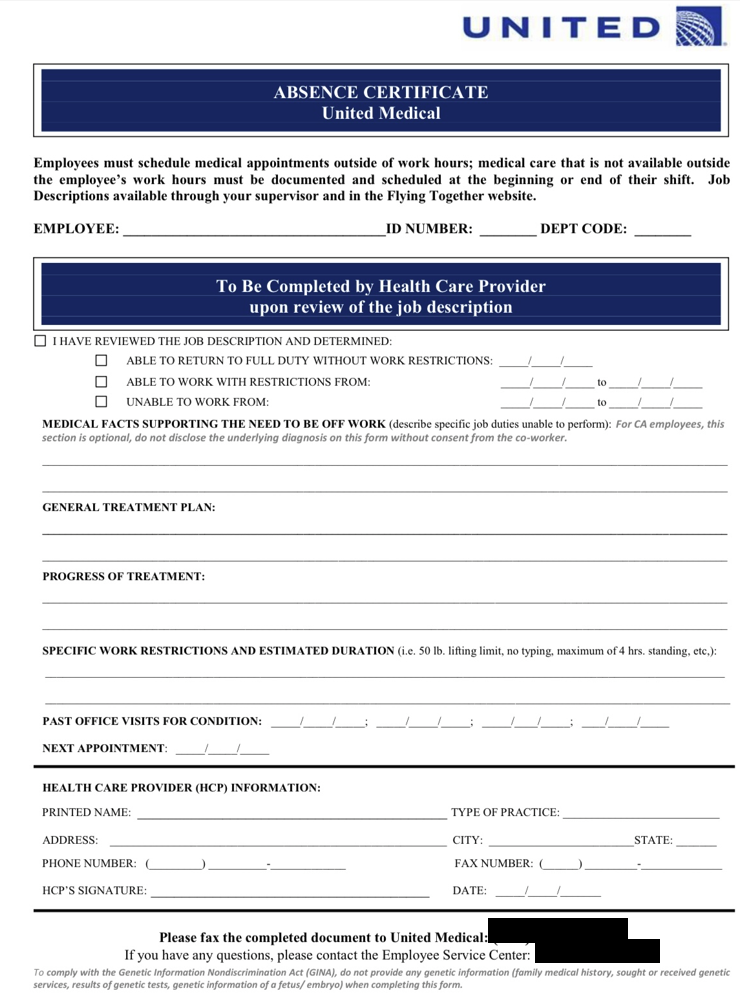

Does anyone expect a different approach from a company which gave $1 million to Trump’s inauguration committee and whose CEO attended said affair? Definitely the administration’s approach to labor law.
This is logical. They need to plan crew availability and prefer not to delay customers and their flights because of last minute crew issues. That is common sense and good customer service. Just like any job, if you feel sick the night before, you let your boss know ahead of time that you may not be in tomorrow. That’s just normal respect for your company and job. This is a nothing burger.
Some people need lots of supervision and babysitters. Many F/A’s fill that square. Not all of them.
All the verbiage about how this isn’t “fair” and slamming UA for HR policy means nothing. You slid in the one thing that actually matters when you stated “it is in the contract”. Apparently the FA union willingly agreed to this condition during collective bargaining so live up to the contract. If you don’t like it change the terms in the new FA agreement.
I hope United is fair at implementing this policy. Over a 30 year career I called in sick only a few times and averaged well less than a day a year. Part of it was that I got paid for unused sick time. One time I made it into work but I didn’t have the strength to sit up due to what was found out to be a bad reaction (I was inadvertently starving myself) to prescribed Ciprofloxacin. I left work at the start of the day and headed to the clinic after going home. They thought I might have been having a heart attack so they did an EKG. Stopping the use of Cipro reversed the symptoms and I was fine to go back to work in a few days. I would hope that United would be understanding about similar circumstances.
Like a flight attendant, passengers should be able to notify United Airlines at least eight hours in advance if they are sick and receive a full refund of their airline ticket purchase.
Ken A. Actually that’s a very reasonable point. Riding in back these days I wish they would. In my 40 years as a pilot when I felt a cold or illness coming on, I noticed one rarely gets better going out on a trip (crews are not allowed to self medicate with some over-the-counter medications). I didn’t take chances on infecting my crew and I used the sick leave our CONTRACT provided. I did retire with a surplus of sick leave (even though we could NOT cash it out). FA’s generally used a lot more of their sick leave. For a number of reasons I’m sure but to be fair, they dealt with a lot of contagious passengers.
As a side note I recall when “stewardesses” were not allowed to wear plastic gloves to serve and pick up after passengers. Now I prefer that they do.
“Some people need lots of supervision and babysitters. Many F/A’s fill that square. Not all of them.”
Many pilots do, too.
United Management/Administrative employees cannot even change jobs if they call out three times in a rolling twelve-month period.
United is a corporation. It doesn’t care about the rank and file employees.
This policy doesn’t make sense. We all know that when we get sick there is one defining moment when you realize you are sick and it only gets worse from there. That moment can easily happen inside that 8 hour window. So what happens when a flight attendant gets their first symptoms of being sick inside that window and goes to work on a 3 day trip and gets to their first layover city in an out station with no crew base and no reserves, and is forced to call in sick for the duration of their trip because they are just getting sicker? Now the airline has to cancel a flight when they could have just gotten a reserve to replace them at base within those 8 hours. I hope this backfires on United.
@jsm and the last four years he was in bed with the Biden administration, especially all their green initiative crap. Wise up. It’s what they get paid to do.
Contracts (and laws, generally) are only as good as their enforcement. I’m sure some of you have driven a mile over the speed limit at some point—obviously, if you did, then that makes you an ‘illegal.’ Prepare to be deported!
@One Trippe
I know you’ve tired of my banter, but I do have an honest question about crew fatigue as it relates to back-to-back long-haul schedules with extreme time changes, like on N. America-Pacific routes, averaging 10-12 hour time differences. Like, that’s gotta weaken the immune system after a while. If you’re going nonstop day-after-day of EWR-NRT-ORD-PEK-SFO, etc., even with mandatory rest periods, that’s still crazy appetite, digestion, wide-awake 2AM, exhaustion midday, upside-down lifestyle. Even as a business class passenger with the comforts of a lie-flat seat, it still can wreck the best of us for a week after. How’d y’all do it?
FA here. Saw this article top of google search as I called out sick less than 8 hours because they only assigned me a trip 3 hours out from it. Sick as a dog, they wanted me to work 3 days for 300$ with one day being 12h overnight with no break implemented. I would inevitably be in worse health condition by the end of that trip. I will now be penalized for taking care of myself because guess what- you gain points towards being fired no matter how many hours ahead of time if you call out sick. You people in the comments siding with company want us to behave like robots- go drive yourself to where you need to get then LOL. As for the new “administration”- they have nothing to do with this, this was the work of our very liberal devout union failing us at every turn year after year.
Thank you for writing this and spreading awareness Gary.
FA should go to work and cough on people. The policy will change once customers voice their opinions. All it takes is one vomit on the plane. The internet will do the rest.
I have a feeling the United flight attendants have had enough. Over the past few months there has been so much bad press about United and how they are handling contract negotiations and inhumane sick policies. They don’t seem to care about their flight attendants earning poverty wages while every other major has a new contract. It’s a terrible look
Although it is only anecdotal to others, I have found wearing masks on airplanes since the start of Covid-19 has seemingly kept me from getting sick while on flying trips. All, except at the beginning of Covid-19 have been N95 masks. I notice that some flight attendants mask up but most do not now. When I fly to Southeast Asia and back, each time I am masked for a full day, more or less, except for limited times while eating. I also understand that some people are more tolerant to wearing masks. I had to wear a mask as part of my work for several years and became tolerant of wearing one.
@Adam has it right. If you’re sick let ‘em know asap.
@1990, I’ll give it a whirl. The sequence you mentioned wouldn’t happen, but your point is valid. I flew ultra long haul for years. One takes care of themselves on days off. Lots of sleep, good nutrition and workouts. As a long haul pilot we flew 9-12 days a month. In places like DEL, TLV or DOH, I rested well, I was lucky, some don’t. Eating at normal meal times, little eating in DEL. I brought protein bars etc. lots of water. And thank god for the bunks. I slept vey well in the bunks. We have fatigue management training and it works. I was better rested on a trip than I am in a lie flat J class seat as a passenger. Longer flights, more pilots = More breaks and rest.
Btw, pilots get more grace for sick calls than FAs do because FAs abuse it. Pilots tend not to abuse it, and are legally obligated to declare unfit for duty.
@Pilot93434
Thank you, sir. Your feedback is most insightful. The fatigue management training sounds fascinating. Respect.
I think this is a great idea. In fact, it’s so great that it should be implemented across the entire company, starting from the top. The big brass “leadership” (cough, cough) should show just how great this policy is by only applying it to office and executive staff for a couple of years to illustrate just how easy it is to follow the policy. Fun For Everyone! Then if an executive screws up a couple of times they’re fired without any compensation. What’s good for the goose…
My assumption is that sick leave is being abused but unfortunately you can feel great and four hours later feel horrible.
@ Ken A.
I think everyone should wear mask and gloves while flying and with this new felon administration, canceling the WHO and controlling what the CDC communicate to the public it’s dangerous!
BOYCOTT UNITED!
UNITED SUPPORTED TRUMP HITLER!
WHAT DO YOU EXPECT?
United Airlines is a disgrace.
Airplanes depart everyday without proper maintenance and employees are forced to come to work sick infecting passengers.
Flights are expensive and all you get is a soda and a bag of mini pretzels.
I can tell employees are not happy there, I live in Houston and sometimes I have no choice but fly the monopoly United but doing everything possible to fly any other airline. I hope more and more people stop flying United!